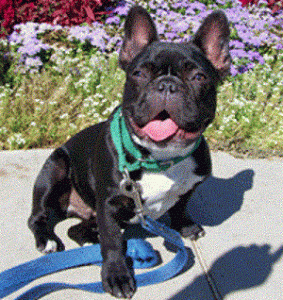 No matter what style of training you use, teaching a dog to walk nicely on a leash is often a source of frustration for the human. That’s where calming ovals can help.
No matter what style of training you use, teaching a dog to walk nicely on a leash is often a source of frustration for the human. That’s where calming ovals can help.
Questions we often hear are:
Well, hopefully, you are coming to our class to learn how not to yank the leash.
Introduction to Leash Walking
Calming ovals is the better introduction to leash walking for the novice dog trainer. This technique was introduced to me by Kay Laurence. She’s from England and doesn’t come here often. But when she does, you should run – not walk – to sign up.
I have used the calming oval technique in our control unleashed classes for a few months now. It’s a great warm-up exercise to get the “human end” of the leash started with relaxing their dog.
How Do Calming Ovals Help?
The goal of calming ovals is for the dog to match the energy level of the human holding the leash. No, this isn’t some spiritual journey I want you to go on.
If you walk slowly (and I mean slow) in the same pattern over and over, your dog will just match your energy level. At first, they may bounce all over the place, trying to pull here or there. But then they just start to flow with you.
The Calming Ovals Technique
You hold the leash firmly with two hands and clasp them to your waist. Your hands never move. You may have to shift your weight to stay upright but you keep your pattern going no matter what.
If they try to cut in front of you, you use big marching band feet to keep them from cutting you off. If they lag behind, just keep walking the same pace and don’t look back at them. Check out our tutorial video.
